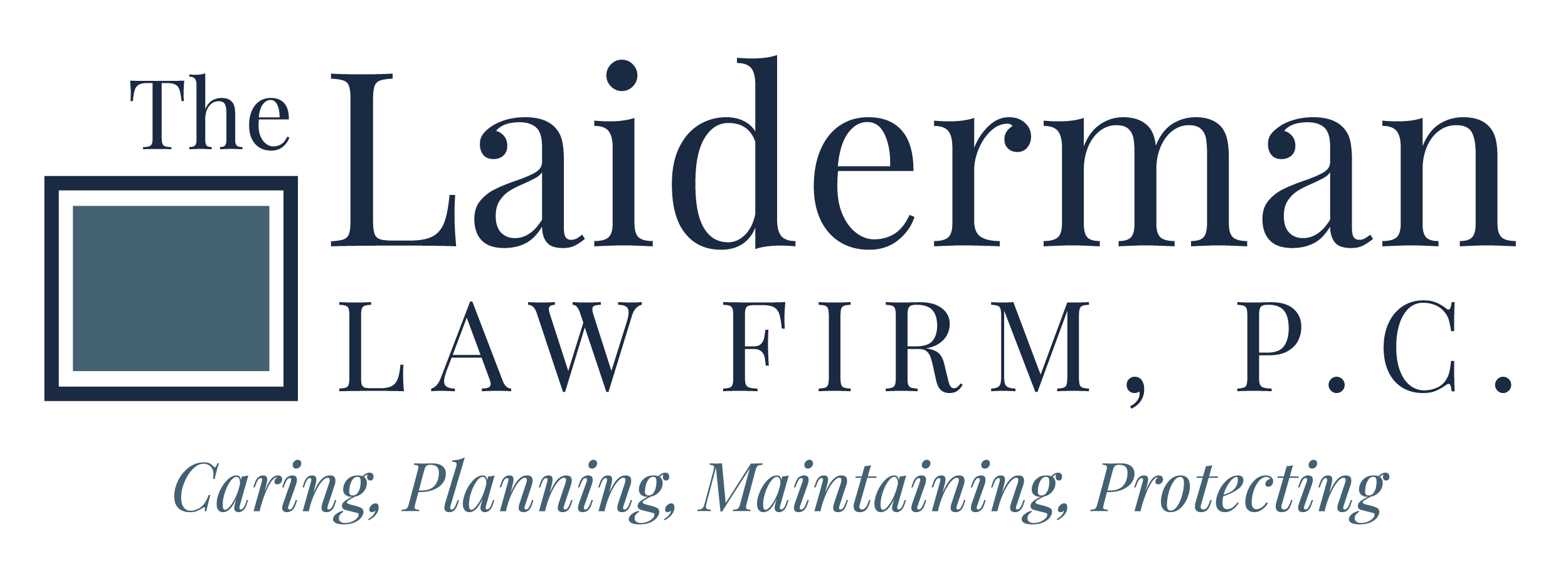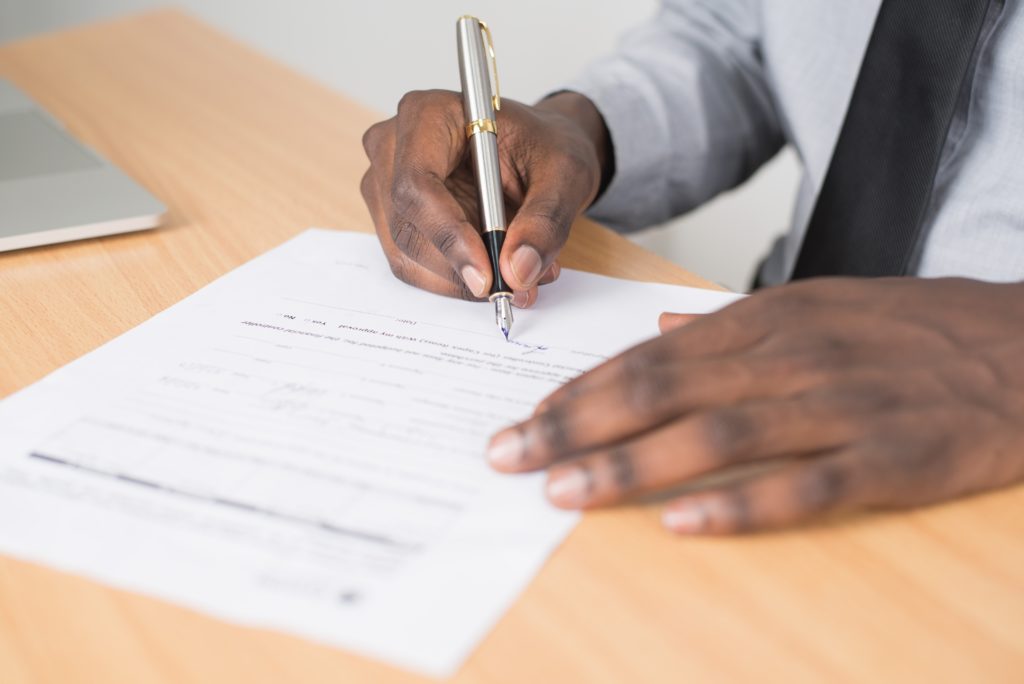A power of attorney is a legal document signed by the “Principal,” granting the authority to another individual to make decisions on the Principal’s behalf, regarding either financial or medical matters. This document is only in effect during the lifetime of the Principal.
A recent article on this topic on nj.com, asks “Who can sign for an incapacitated person if there’s no power of attorney?” The article noted that to have the authority to conduct financial transactions concerning the assets solely owned by the incapacitated person who failed to execute a power of attorney, a guardian (in some states, including Missouri, this role is known as a Conservator) will have to be appointed by the court.
A guardianship is a legal relationship established by the court, in which an individual is given legal authority over another when that person is unable to make safe and sound decisions regarding his or her person, or property.
In Missouri, the individual appointed by the Court to legally manage a disabled person’s property is called a Conservator. In order to be appointed as a person’s guardian or Conservator, an application will have to be filed in the probate part of the Superior Court, in the county where the incapacitated person resides.
It is not necessary to be appointed as an agent under a power of attorney or health care proxy or legal guardian for another person to sign an assisted living or nursing home admissions contract or a Medicaid application.
Prior to signing another person’s admissions contract, however, one should read the fine print to be certain that he/she doesn’t become responsible for the bills!
Reference: nj.com (July 22, 2019) “Who can sign for an incapacitated person if there’s no power of attorney?”


